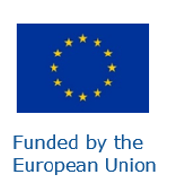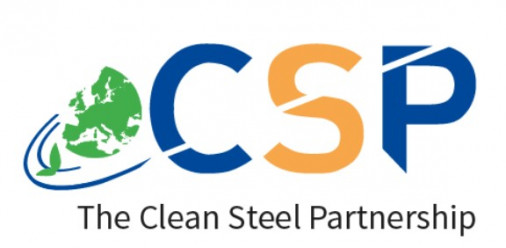Caesar
Circularity enhancements by low quality scrap analysis and refinement.
Introduction
The steel industry is at a turning point. The pressure to adopt more sustainable and efficient production methods has never been greater. Recycling metallic scrap metal is one of the most effective ways to reduce reliance on virgin raw materials, cut carbon emissions, and promote a circular economy.
However, the growing complexity and declining quality of post-consumer scrap present significant challenges. The HORIZON EUROPE CAESAR project (Circularity Enhancements by Low-Quality Scrap Analysis and Refinement) is a pioneering initiative designed to address these issues. By implementing these innovations on an industrial scale, the project aims to enhance resource efficiency, reduce waste, and contribute to the long-term sustainability of the European steelmaking sector.
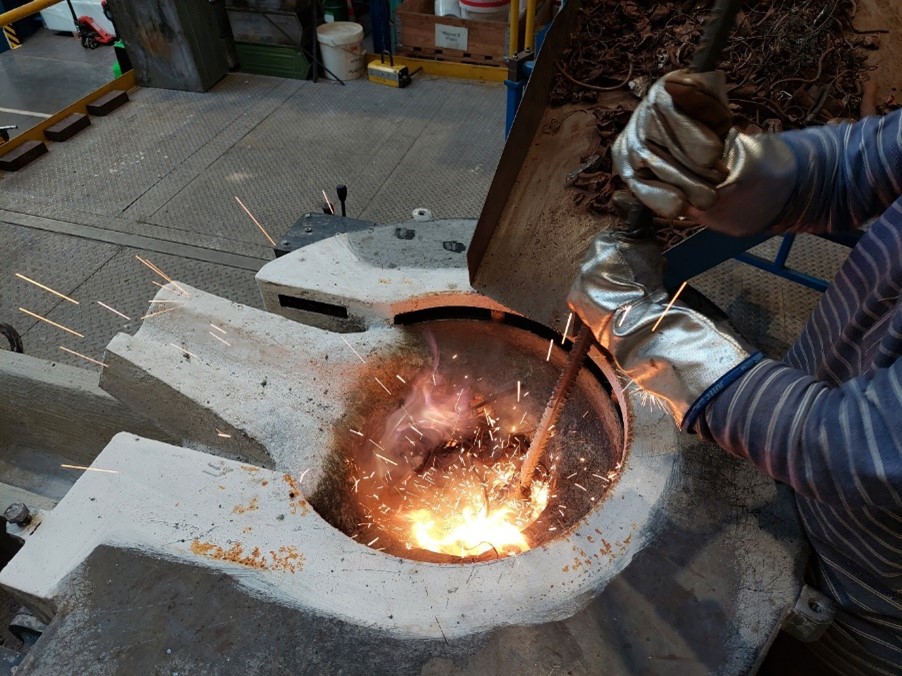
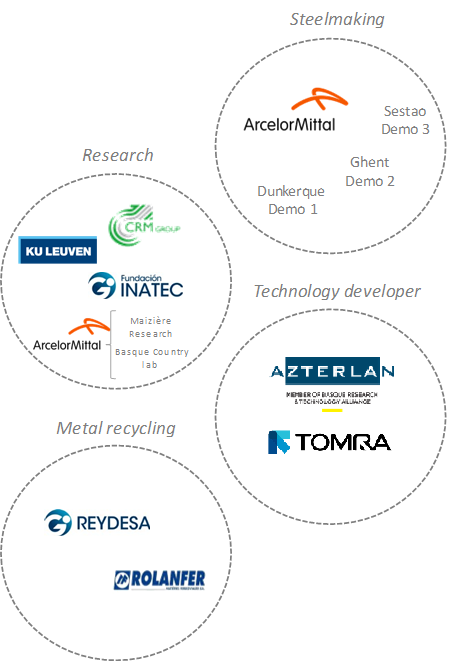
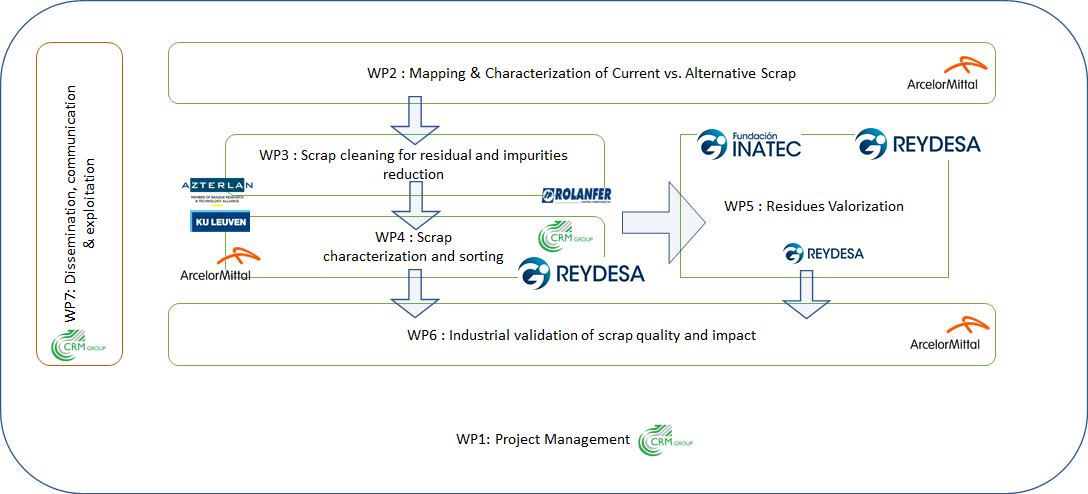
Objectives
The primary goal of CAESAR is to demonstrate, at full industrial scale, the integration of innovative scrap refinement technologies that can significantly improve the quality and usability of low-grade scrap. This will also enable the recovery of valuable non-ferrous fractions and non-metal, moving the industry closer to a zero-waste model. To achieve this, the project focuses on identifying new opportunities for lower-quality scrap utilization, selecting and integrating the best available technologies for upgrading and sorting, validating in three industrial demonstrator plants the effectively cleaning and classifying of scrap, defining sustainable valorization pathways for the waste generated, and implementing a robust exploitation strategy to ensure the long-term business viability of the approach.
Project Overview
Scrap metal recycling has long been a key pillar of sustainable steel production, significantly reducing the use of virgin raw materials (i.e., iron ore), dividing by 4 the carbon oxides emissions and enhancing the circular economy by repurposing waste generated from the steel industry and other value chains. Currently, approximately 45% of the scrap used globally comes from pre-consumer sources—directly reusable material generated during steel production. The remaining 55% consists of post-consumer scrap, which is often contaminated with various pollutants, including plastics, inert materials, and especially non-ferrous metals which have a very detrimental impact on steel quality when alloyed if they are melted with the scrap.
In the European Union, the availability of pre-consumer scrap is stable at best due to process improvements that reduce waste generation per ton of steel produced. At the same time, growing steel consumption is leading to an increase in post-consumer scrap. This trend presents both an opportunity and a challenge: while post-consumer scrap offers a significant resource for steel production, its lower quality limits its usability. The presence of unwanted minor elements complicates the recycling process, making it essential to develop advanced technologies for scrap refinement.
An Innovative Approach
To meet these challenges, CAESAR focuses on improving scrap purification before it reaches the steel furnaces. By integrating state-of-the-art sorting and cleaning technologies, the project aims to increase the usability of post-consumer scrap without compromising the quality of the final steel product. This approach enhances recycling efficiency, reduces energy consumption, and contributes to a substantial decrease in CO₂ emissions.
Through the implementation of innovative classification and impurity removal techniques, CAESAR helps the steel industry overcome its dependence on high-purity scrap while maintaining high production standards. By refining and classifying scrap more effectively, the project supports the EU’s goal of increasing resource independence and ensuring a stable supply of raw materials for steel production.
A European Initiative
CAESAR is a research initiative funded by the European Community’s Horizon 2020 Programme under grant agreement n° 101058520. By demonstrating and scaling up advanced scrap refinement technologies, the project contributes to the ongoing transition towards a more circular, energy-efficient, and competitive European steel industry.
For more information, visit https://caesarproject.eu/
Partners
Funding Bodies
